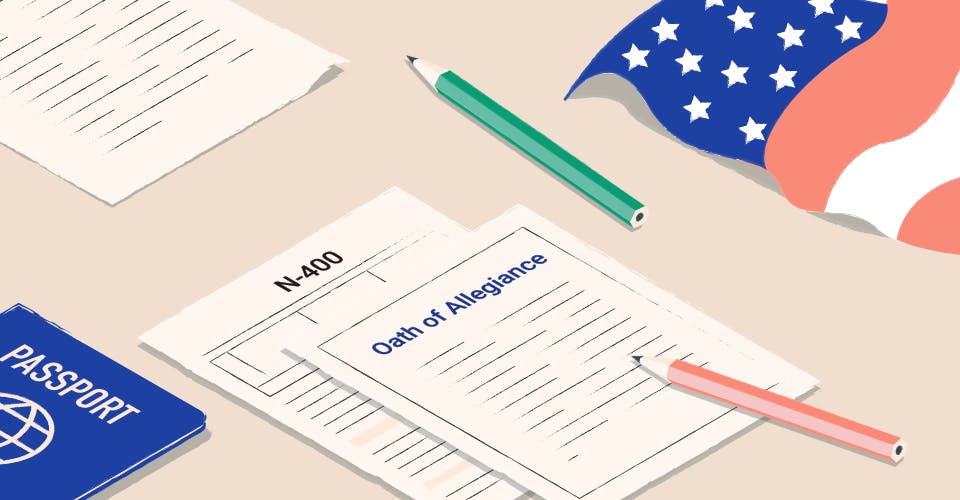The United States currently has no draft, but it does have a Selective Service System (SSS). Selective service is a requirement for all immigrant males between the ages 18 and 25 to register within 30 days of arriving in the United States. The Selective Service maintains a list of names in case there is a national emergency requiring rapid expansion of the armed forces. It is a sort of insurance policy for the U.S. government to be able to call on young and able-bodied men to serve and defend America if needed.
However, in recent years the number of immigrants who are registering for selective service has decreased significantly. This is born out of the fear of being drafted into a war and having to serve a country one has not made a full allegiance with, yet. Also, and perhaps more simply, many immigrants simply do not realize they are supposed to register as part of their long applicant of becoming a naturalized U.S. citizen. Some of the complications arise such as immigrant is trying to get their life started in the U.S., they aren’t aware that letters being sent to them in the mail are important and end up throwing them away, they are living with relatives in the U.S. and are unsure of how long they will be staying in the country, or, in many cases, they are not native English speakers and are unable to decipher some of the mail they are receiving without the help of friends/family.
In general, according to Naturalization and Immigration Service, registration numbers for the selective service differs widely depending on what state immigrants are living in. For example, California has one of the highest rates of immigration, from Central and South America, and many immigrants simply forgo the process of registering for the Selective Service in this state. In the Northeast, however, compliance with the SSS is much higher, especially in states such as Maine, Vermont, Rhode Island, and New Jersey.
The upside of registering for the selective service is that it guarantees that the immigrant in question will be eligible for federal benefits, including the following:
- Student loans
- Job training and government job applications
- The path to naturalization (immigrants, in order to get a Green card and remain a lawful permanent residence in the U.S., need to declare on their I-485 form that they have been registered into the Selective Service System)
Other Considerations
The requirement to register with Selective Service ends when a man reaches 26 years old. Men who did not live in the United States between 18 and 26 years of age and men who lived in the United States between 18 and 26 years of age, but maintained lawful nonimmigrant status for the entire period were not required to register.
Other issues that are common in terms of men not registering involve international travel and taking frequent trips back to one's country of origin. Sometimes it is possible that men who are traveling home to see family members for weeks at a time miss notices in the mail or phone calls about having to register for the Selective Service.
Further, such a situation presents a problem for immigrants looking to naturalize because according to the naturalization process, it is taken by the INA that not registering for such a service is indicative of not having good moral character. In other words, an immigrant could be deeply embedded into a community, have a steady job, and be looking to receive a green card, but could effectively be denied because of their lack of conformity. Such technicalities can seem unfair. Thus, it is important for immigrants to make sure they consult immigration experts or do significant research before applying for naturalization.














